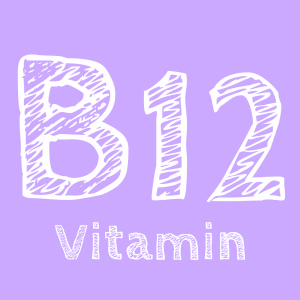
Vitamin B12 A Vital Nutrient for Optimal Health
The Importance of Vitamin B12: A Vital Nutrient for Optimal Health
Vitamin B12, also known as cobalamin, is an essential nutrient that plays a crucial role in numerous bodily functions. It is involved in the production of DNA, red blood cells, immune system and the maintenance of a healthy nervous system. As a water-soluble vitamin, it cannot be produced by the body and must be obtained through diet or supplementation.
One of the primary functions of vitamin B12 is its role in red blood cell formation. It works alongside folate to produce healthy red blood cells, which are responsible for carrying oxygen throughout the body. A deficiency in vitamin B12 can lead to anaemia, causing fatigue, weakness, and shortness of breath.
Vitamin B12 also plays a vital role in maintaining a healthy nervous system. It supports the production of myelin, a protective coating around nerve fibers that facilitates proper nerve signal transmission. Adequate levels of vitamin B12 are necessary for optimal brain function and may help reduce the risk of neurodegenerative diseases.
Natural food sources of vitamin B12 include animal products like meat, fish, eggs, and dairy. However, individuals following a strict vegetarian or vegan diet may be at a higher risk of vitamin B12 deficiency, as plant-based foods generally do not contain significant amounts of this nutrient.
Vitamin B12 deficiency can have serious health implications. Common symptoms include fatigue, weakness, poor memory, and tingling or numbness in the hands and feet. Prolonged deficiency can lead to neurological problems and irreversible nerve damage.
Supplementation may be necessary for individuals at risk of deficiency. Vitamin B12 supplements are available in various forms, including oral tablets, sublingual tablets, and injections. It is important to consult with a healthcare professional to determine the appropriate dosage and form of supplementation based on individual needs.
In conclusion, vitamin B12 is a vital nutrient that plays a critical role in red blood cell formation and the maintenance of a healthy nervous system. Adequate intake of vitamin B12 through diet or supplementation is essential for overall health and well-being. If you have concerns about your vitamin B12 levels, consult with a healthcare professional to ensure optimal intake and address any potential deficiencies.